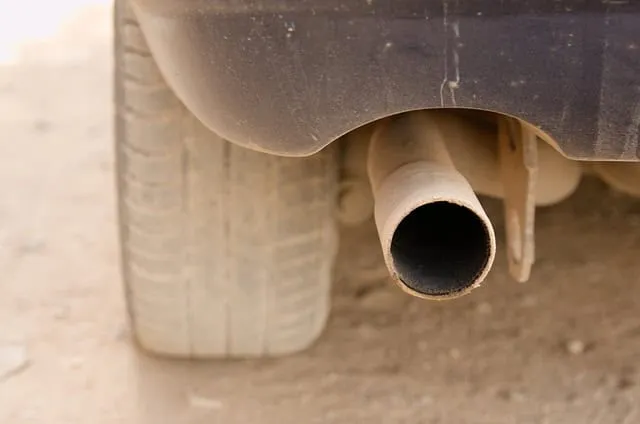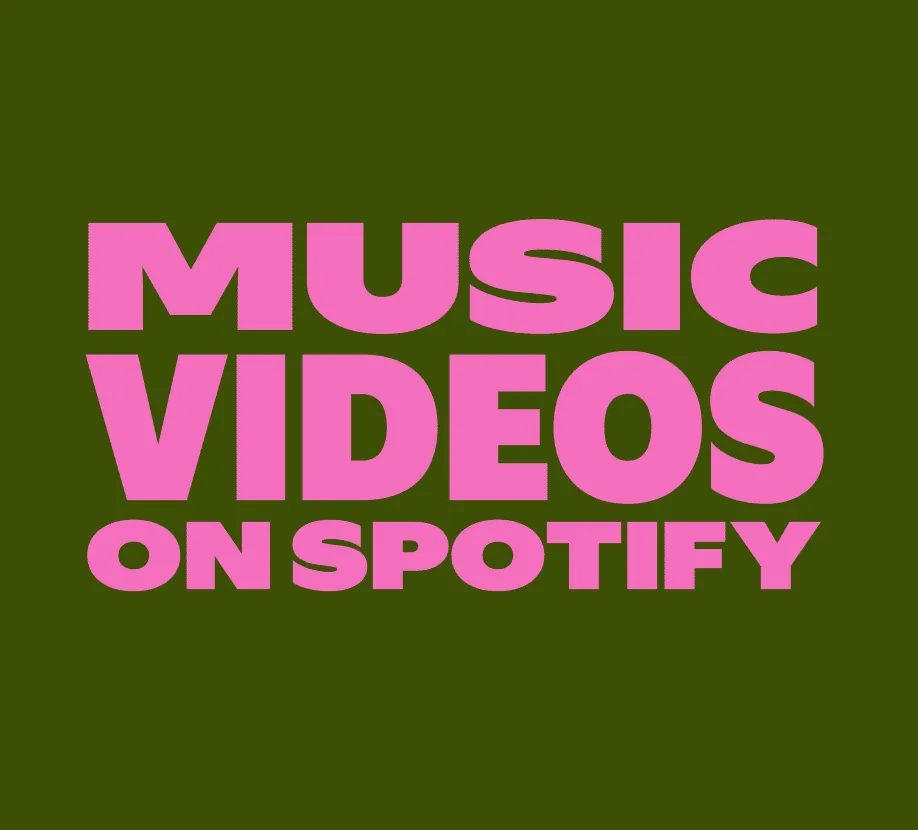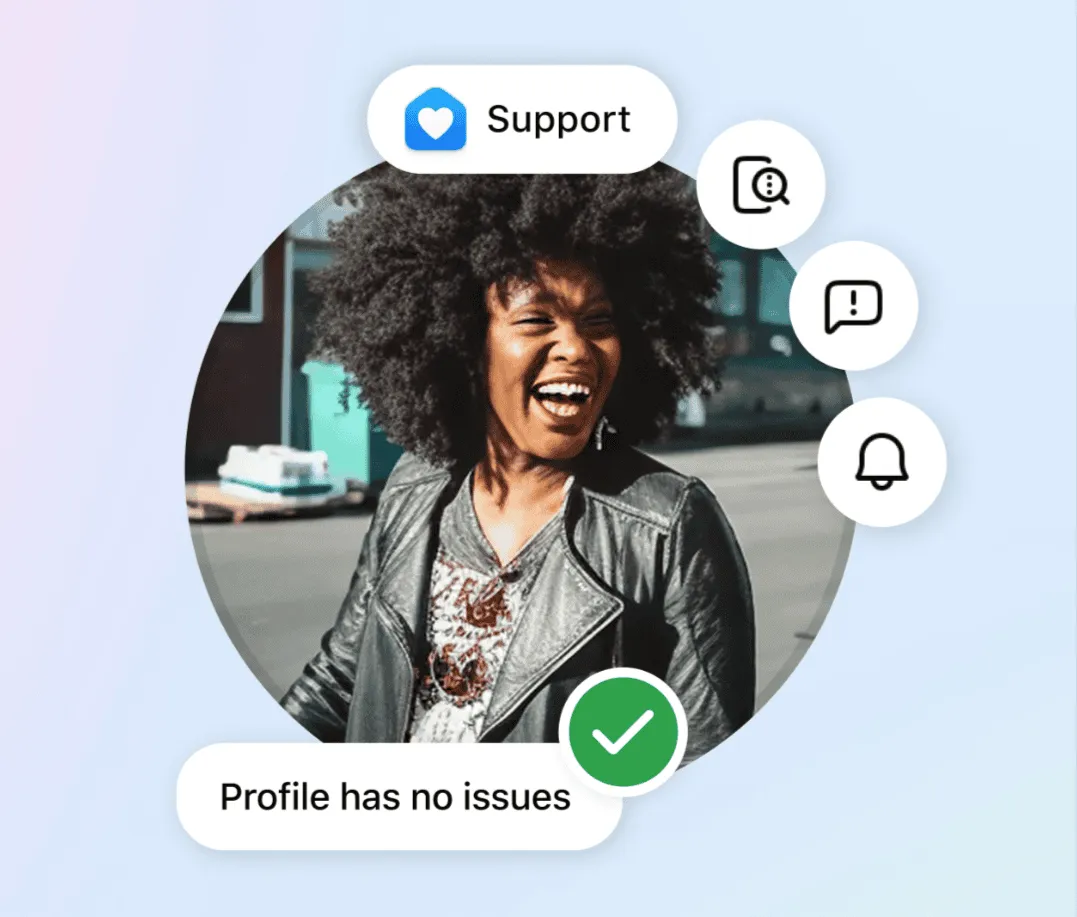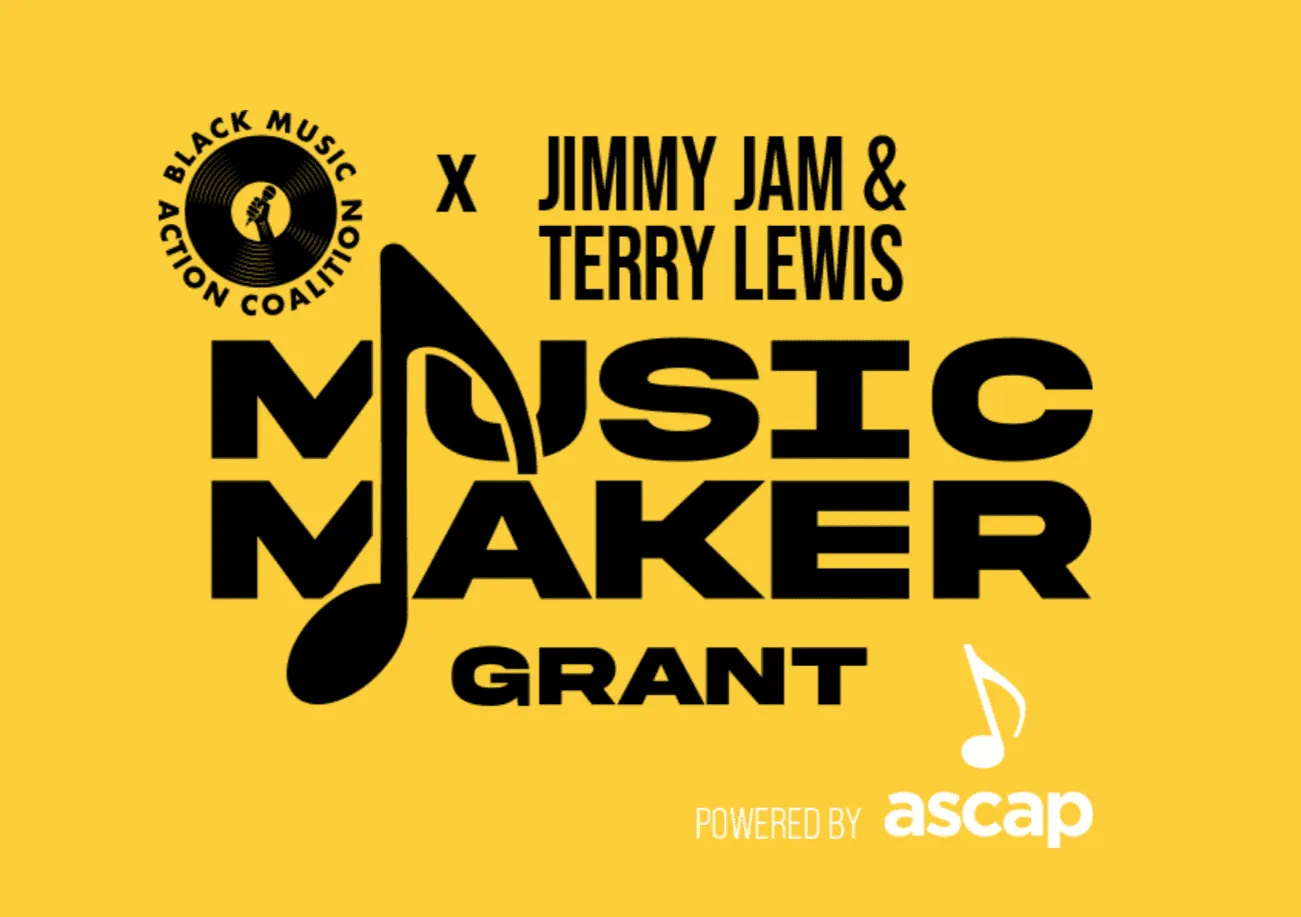Kyle Bylin: There were many interesting subgroups wondering along as part of the larger odyssey that was the Grateful Dead Experience—whom only served further shape and define it for everyone else.
In this respect, what can artists nowadays learn from the Grateful Dead?
David Meerman Scott: The Grateful Dead kept an eye out for sub-groups of fans such as the spinners who would twirl in ecstasy to the music in a quiet hallway in the venue. So the band installed speakers in the hallway for them so they could have good sound too. I’m not sure how many artists are aware of the subgroups that form around them and then support them like this.
KB: Since the early days, the Grateful Dead innovated and established a unique ticketing system which allowed fans to buy tickets directly from the group and for them to give the best show tickets to their biggest fans.
How did it help build the feeling of excitement among Deadheads?
DMS: I’ve bought tickets this way for decades. We know a secret. We have the bands’ address!! And we’re rewarded with great seats. I’ve sat in the front row this way. You’d have to pay a damn scalper a thousand bucks for those seats in most situations, but the Dead give their loyal fans the best seats in the house.
KB: So too, the Grateful Dead always found ways to "Cut Out The Middle Men" and exchange value directly with their audience. Today, many indie artists are following this same mentality and going direct to their fans too.
What are some other ways that the Dead cut out the middle men?
DMS: The Grateful Dead had their own ticket office (cutting out scalpers), they encouraged tapers by giving them special seats near the mixing board (cutting out bootleggers), they ran their own fanzine in the paper days. Sadly with Jerry Garcia’s death in 1995, the band stopped touring as the Grateful Dead. But in 2009 the founding members toured as “The Dead” and created an iPhone app with live streaming video & audio, backstage and front of stage photos, and a live setlist via Twitter.
KB: "Tapers" are a type of Deadhead that are allowed to freely record Grateful Dead shows using their own equipment.
How did this subculture of Tapers create an even bigger subculture that sought to collect these tapes and performances?
DMS: Every show was different. Fans like me wanted to listen to shows we went to and shows we missed. It was a brilliant strategy to encourage taping.
KB: You write that "The Grateful Dead teaches us that making it easy for our audience to spread our content make our product 'known' in the marketplace." This sounds similar to artists using free as a promotional tool today.
What's your take on artists using free music as a promotional tool, what restrictions—i.e. exchanging an email or tweet for a song—should artists consider placing on it? Put differently, what would the Dead do?
DMS: Make it totally free. Requiring ANY kind of registration sets up an adversarial relationship with fans. If you want to register people for a newsletter, that is a different transaction. Don’t bait and switch free music for an email. Make it totally and completely free.
As long as we are on the subject, here is my own totally free no registration ebook. It has been downloaded over a million times: The New Rules of Viral Marketing: How word-of-mouse spreads your ideas for free.




